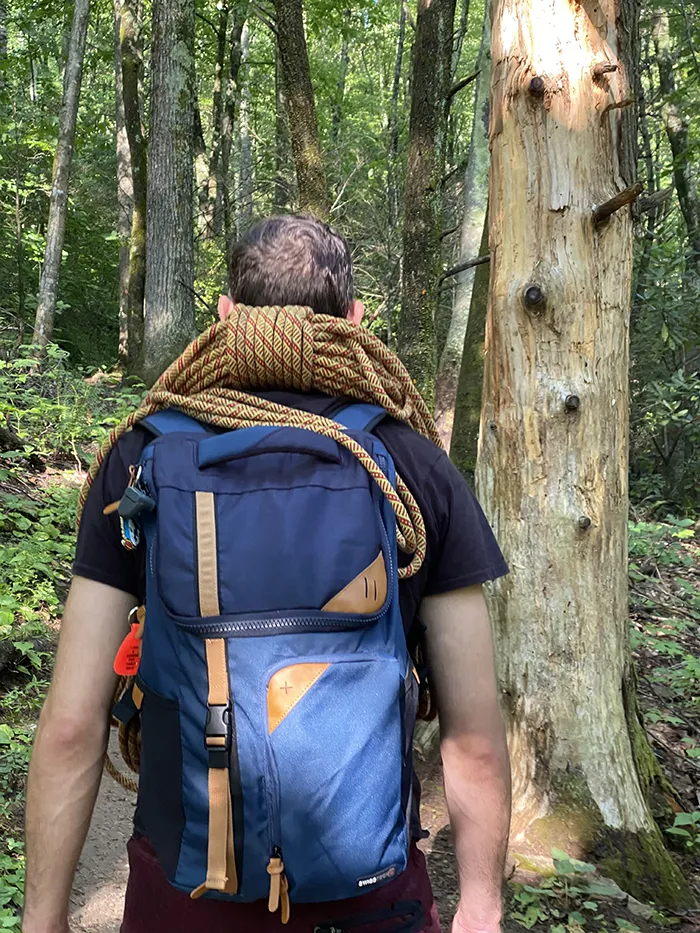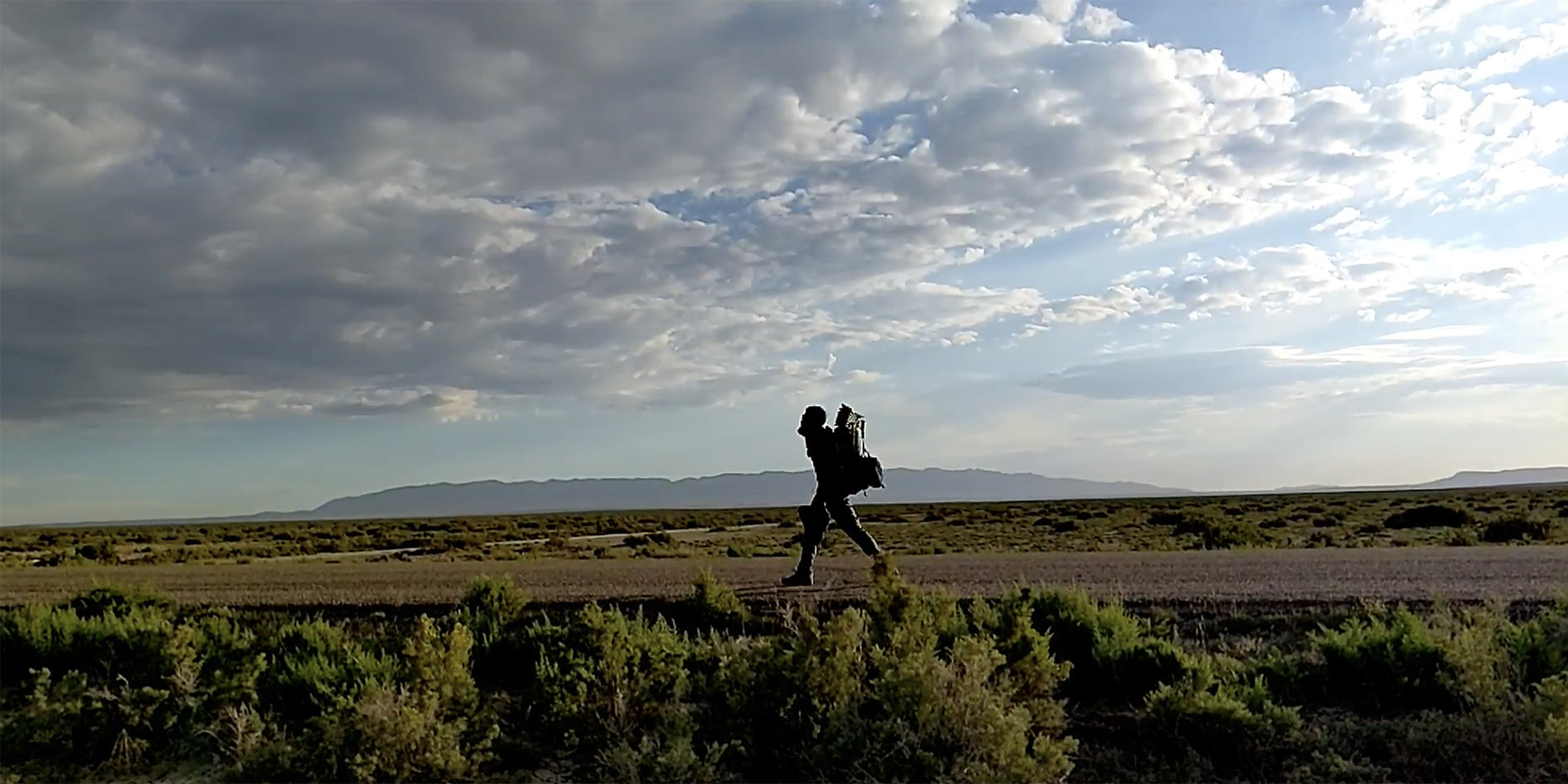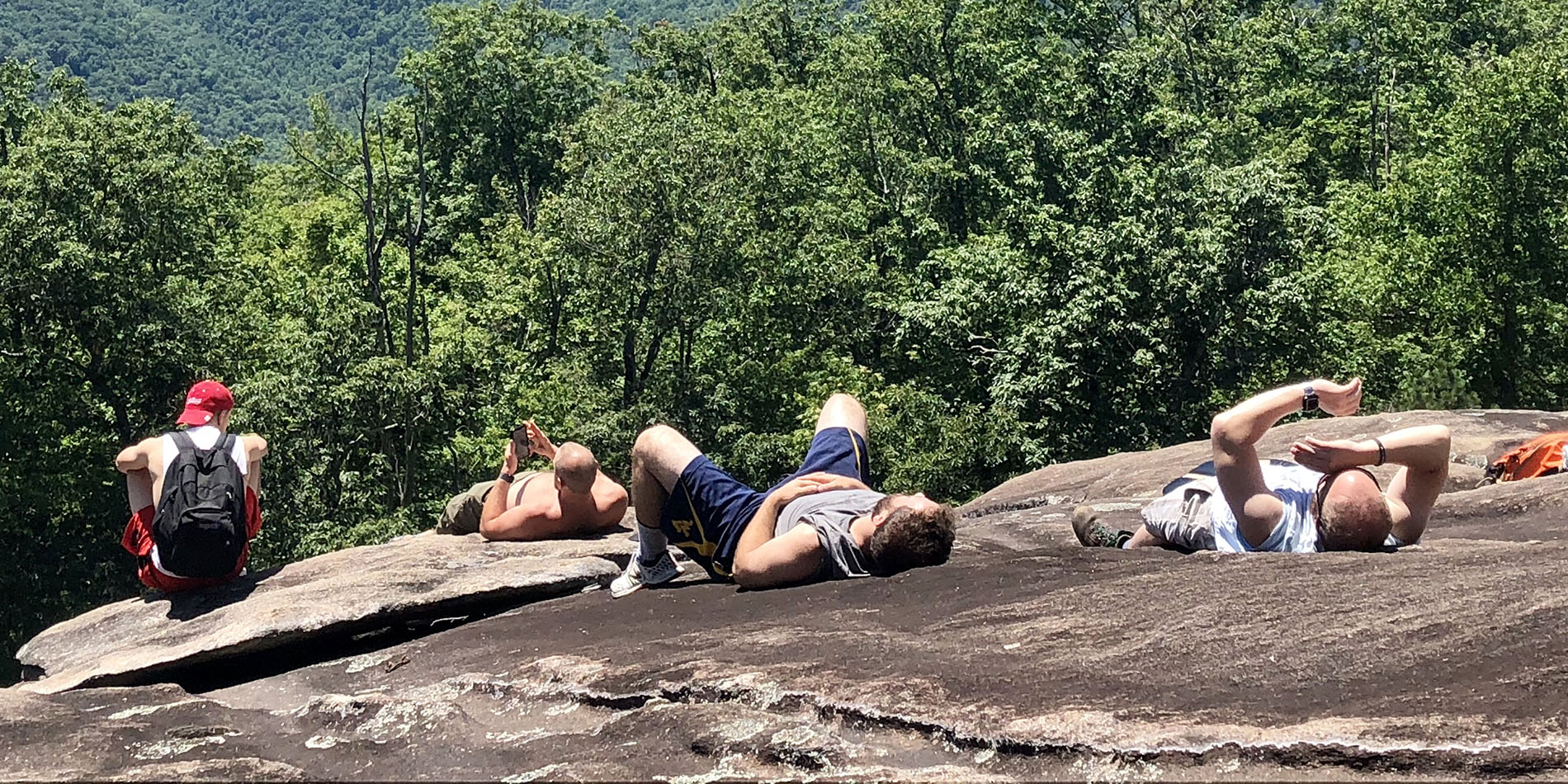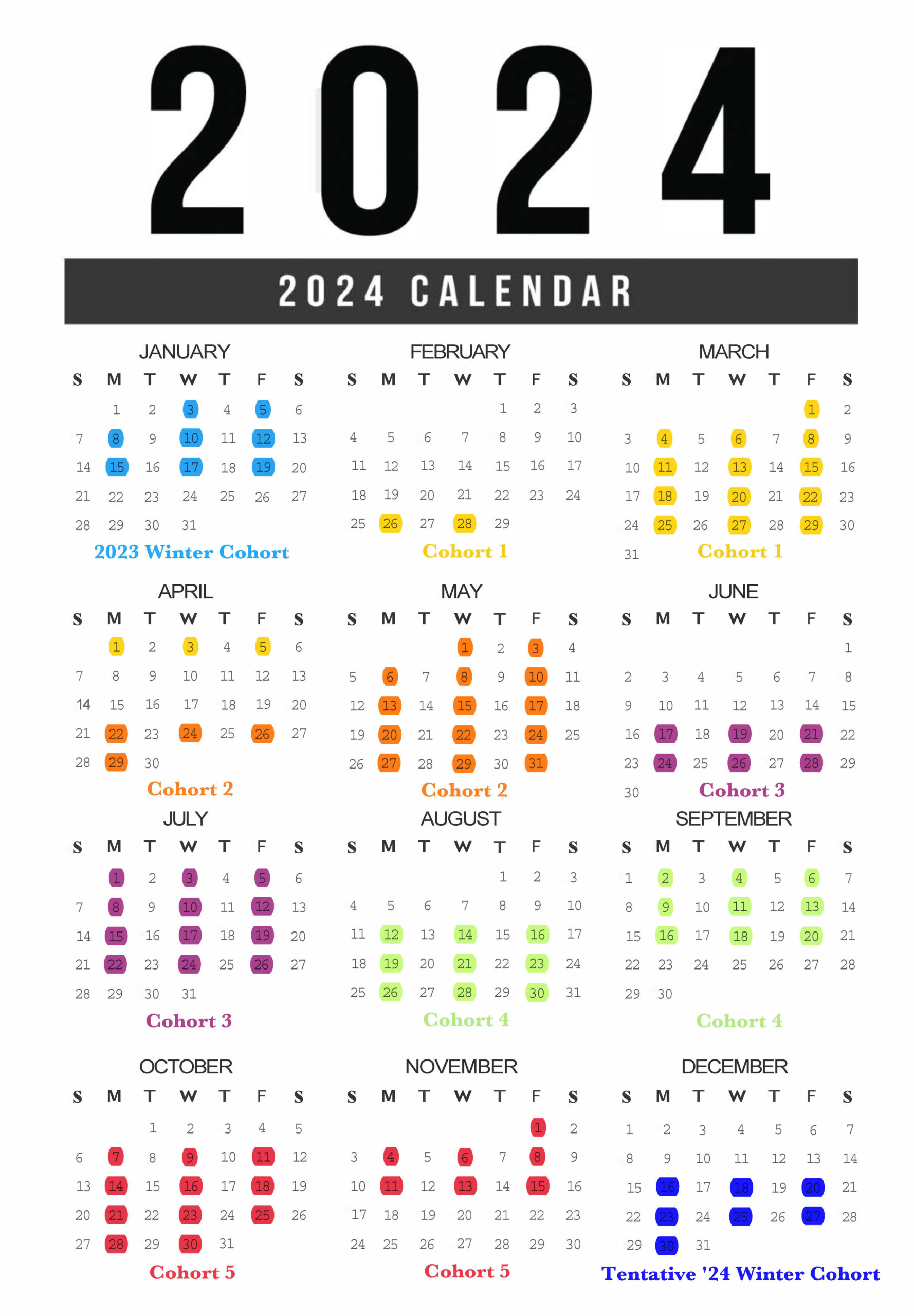Step outside the conventional treatment box.
Our program offers a different kind of adventure. We developed The PIVOTPoint Program, a 6-week integrative transitional program for young adults, to combine the best practices of adventure therapy with real-world integration. After all, if you can’t utilize these practical skills in your everyday life, then what’s the point?
This is an opportunity to leverage the experiences you have had in a structured program designed for practice. This is also an opportunity to get clarity around your values, your plans, and your expectations.

Years of Facilitators Experience
Participants since 2020

Find Your PIVOT
This includes many aspects of adventure therapy that might sound and feel familiar to you – elements like social, emotional, and interpersonal skill building and outdoor adventure. This is an effective way to build self-confidence, walk through and overcome challenges – perceived and otherwise – and develop problem-solving skills.
But that’s only half of it. Our program integrates the realities of young adult living: school, work, community, and family. Otherwise, this simply wouldn’t be a productive use of your time.
PIVOTPoint Program at a Glance
We deliver a unique combination of outdoor adventure and real-world challenges, enabling our clients to overcome everyday obstacles and reach new heights.

PIVOTPoint Program
Single Track
The Single Track is your starting point for healthy, independent living. We’ll set you up with vetted housing options so that you have solid community support from day one. For 6-weeks, we’ll meet Monday, Wednesday, and Friday and head out into the community. That means time hiking and paddle-boarding and rock climbing and mountain biking. That means time in the fresh air: moving your body; engaging with your peers; challenging yourself. Now add a community-based, practical setting that builds in time for integration, a social life, part-time work or school – or both.
We’ll workshop skill-building during our time together; and then you’ll test drive these skills back at the house, while you’re taking classes, or working a part-time job. Real-world application – constantly – as we go.

PIVOTPoint Program
Family Track
It takes a lot to do this – new location, new people, new approaches. It’s a lot of new. And it’s so important that we build or rebuild together. Consider thru-hiking: it’s framed around the solo journey, just one person, the gear, and the trail. It is transformational. No doubt. Dig a little deeper and you hear about trail-magic. About the amazing people that walk with you. In a long-term collaboration with Aspen Growth Coaching (AGC), the Family Track focuses on the entire family system – building upon the weekly schedule of the Single Track. While the work is happening out on the trails, parents/guardians are doing their own work – experiencing a parallel process intensive for the first three weeks of the program. For weeks 4-6, the clinical coaching intensive blends with the work in the woods, focusing on the whole family system.
This work is led by a dedicated clinical coach familiar with the PIVOTPoint Program curriculum, so you’ll be working in tandem with the work in the woods. AGC then stays with your family during the transition from the woods to whatever comes next.
PIVOTPoint’s Programs:
A Client Perspective
Since beginning the program, my son has been steadily moving in a positive direction. I can see the light returning to his eyes. I can have meaningful conversations with him. These are the first and most important steps toward building back broken trust and fostering the kind of growth he needs to successfully transition into adulthood. This program is unquestionably invaluable. A gem in a daunting and overwhelming sea of counseling, therapy and rehab.
– Father of a young adult client
2024 Program Schedule

PIVOTPoint Signature Program FAQs
In nearly every way. Depending on weather conditions, we’ll spend most days outside. We’ll utilize the natural environment, or any environment we find most effective for self-reflection and meaning making. We’ll utilize movement and group interaction to build healthy, practical skills. Beyond that, the similarities are few and far between. Traditional wilderness therapy takes place in a safe, secure, and supportive bubble. There are limits to outside influences and stimuli that often activate the very behavior patterns that we want to address. It can be super effective. It’s also super unrealistic. The PIVOTPoint Program swings between nature and everyday life. It’s these consistent application opportunities that make our program impactful. Our clients put skills, strategies, and concepts to work immediately – because you need to work on navigating outside stimuli by engaging in everyday life.
This is for someone who has likely been the topic of conversation that includes the phrase “failure to launch.” And while this identifier likely paints a clear picture of a generalized list of behavior patterns and challenges, it’s also a big part of what we are working to shift. This is for a young adult who is seeking continued support after transitioning out of wilderness therapy and/or residential treatment programs. They are taking a mental health leave of absence from college/university. They have a history of treatment experiences without sustained success. They are currently in a residential program where progress has plateaued.
No problem. This program is a deep-dive intervention. In our experience, problematic use of drugs and alcohol often is a thing, even if it doesn’t present that way now. The way we see it, either there is an existing & challenging relationship to substances, or there is not. If substances are not a concern: perfect! 6-weeks in a substance free environment won’t be an issue. If they are a concern: perfect! then 6-weeks in a substance free environment will be essential.
Self-efficacy (a healthy belief in yourself and your abilities). Self-awareness and core values (what is it that drives you – not what you think everyone else wants for you). Grit (the ability to persist in something you feel passionate about and push through when you face obstacles). Awareness and appreciation of existing resilience (it takes strength and courage to have gotten this far). The capacity to sit with discomfort and confusion; adaptability and flexibility; and a new relationship with the idea of “failure.” Falling short of expectations and walking through days when things don’t go to plan is the proof that you’re actively engaged with life. Things not going to plan is the best way to get more info. And more info means more informed decisions. Take a break from this “failure to launch” nonsense – get it out of your head that ‘failure’ is something that should, or can, be avoided.
You actively step into your independence. This delivery model exists for integration and application. The living situation we match you up with is selected because it best fits our collective assessment on how to support you. Maybe that means a carefully vetted sober housing program with strong ratios of staff to residents, structured and community-integrated schedules and transportation options allowing for adaptability to part time school, work, or volunteer schedules. Maybe that means independent living with more autonomy and additional life coaching, recovery capital coaching, and other supports. Whatever we create around your living situation, Tuesdays, Thursdays, and ‘off-the-trail’ hours are first and foremost time for implementation – during structured programs at the sober home; while you’re at work or in class; or just walking around downtown Asheville – this is the time to test-drive the theoretical in your everyday life!
You tell us! There’s campouts, bonfire recovery meetings and barbecues. There’s local sporting events and downtown games and festivals. There’s part time work, studying, checking in with your family, checking in with your 1-on-1 coach. Weekends are a great time for incorporation. That doesn’t mean sitting in your room and twiddling your thumbs. Incorporation may include a float down the French Broad River, an afternoon at the Tourists baseball game, a round of golf, or a visit to a local museum. This is where you will use the skills and strategies we’ve been practicing during our experiential coaching sessions. This is where adventure meets reality.
Your kid is over 18 and ready to do some work. They’ve gone through traditional residential treatment more than once or they’ve done the 3-6 month full time in the woods thing. Seems like no matter how they’re handling themself in that controlled environment, once they’re out of that setting, they get tripped up by real-world situations. Probably been to some amazing programs, met and learned from some amazing people. And they probably take in and process information best when they’re engaged, moving, and can practice what they’re learning in the situations when they’ll need it most. The pivot back into their actual life felt unsupported.
The PIVOTPoint Program offers you and your family the opportunity to combine the most effective elements of past experiences in a long term wilderness environment with the ability for practical application of these skills, strategies, and lessons in real life. Your kid responds more to adventure, movement, activity, and conversation. And they need to learn how to use these skills in their community, at their dorm, in their office, at local restaurants, and at shows – they need to practice this stuff in the places where they’re going to need it the most. We’ll lay the foundation here in Asheville, NC; then, you all can make an informed decision as to what’s next.
Our clients report learning & retaining coping skills and ways to practice self-care and self-regulation. They report learning how to prioritize their feelings; trust others; create and hold healthy boundaries; practice self-compassion; utilize breathing techniques; cook for themselves; exercise; embrace accountability; practice more acceptance; experience self-respect and self-trust; and, an overall increase in resilience.
But there’s more to this. When we talk about nature, we’re talking about more than the mountains and rivers. We’re talking about our own nature; about how we relate to ourselves. Our team has backcountry safety training; years of experience as wilderness guides. The truth of the matter is, we’re hardly ever even in the backcountry. The adventure we’re talking about here, this exploration, is internal. But our clients’ safety is paramount. Without a sense of safety, trust is next to impossible. So we’ve got that safety covered.
With that in mind, and while we’re doing our adventure thing, this is also about what you – the family, friends, and loved ones – get back. Let this be a disruption to the trauma cycle you’ve been in. Take a walk, read that book, call back those friends you haven’t felt right about spending time with lately. Check out that band, see that play, or that new restaurant. Let the tension in your shoulders ease up; let that twist in your stomach unknot itself. This is just as much about the opportunities that this program affords you. And we hope you’ll give yourself permission to take advantage of that, too.
That depends on assessed degrees of structure and accountability needs to best get you where you’re going. We work with sober living programs in and around Asheville, NC that match our core values and standards. And they’re also in alignment with national standards of practice. Each has its own vibe, so we can work together to find an optimal fit. They provide community, safety, and a supportive landing place to return to when we get back from the trail.
When substance use specific support is simply outside the scope of what is called for, and such a living situation doesn’t align, we’ll explore more independent living with additional autonomy and additional life coaching, recovery capital coaching, and other supports to help establish and reenforce some structured and integrative living opportunities.
The PIVOTPoint Program offers two tracks: The Single Track and the Family Track. The Single Track is a 6-week intervention, designed for the participant themselves and costs $25,000, which includes a housing stipend. The Family Track is offered in collaboration with partnered coaches and provides twice weekly sessions of parent coaching support. There is also the opportunity to focus on your family systems with more intentionality and privacy with an agreed upon schedule of updates, check ins, and accountability calls established between you and your coach. The Family Track costs $35,000.
We do not accept insurance.
The short answer is no, this is not therapy. This is experiential coaching. We designed this program with consultants who are psychologists, doctoral candidates, alcohol and drug counselors, clinical supervisors, and a bunch of amazing humans with all sorts of letters after their name. And our team is made up of clinicians, counselors, seasoned wilderness guides, outdoor leadership coaches, and first responders. But we run things in a way that feels familiar and casual while also intentional and supportive – we are not providing therapy. That is not what we do. Our case management approach allows for constant check ins and updated assessments around such needs – so if and when traditional talk therapy will help you get where you’re going, we’ll connect you to those specialists.
This is anchored in relationship and connection. And the activities we use create a cool platform to teach critical life skills focused on accountability, personal agency, emotional awareness and health, effective communication and follow through.
Our network of local and virtual parent and family coaches, licensed clinicians, sobriety-focused housing programs, and a wide range of highly specialized professionals provides a robust, clinically-focused experience for the entire family.
Each group has 2 facilitators and is capped at 10 participants.
Look, this stuff is complicated. And what we’re offering doesn’t fit neatly in one of the categories that’s probably in your notes. And we’re talking about what’s a good fit for your kid or family member. And that adds layers that there aren’t really words for This is a condensed transition program after primary care. This is an no-nonsense, intentional way to take advantage of a mental health leave of absense from college or university. This is a program that relies on constant test-drive opportunities as we go. And the delivery model leaves room for work, for school – for real life! We believe that there are powerful opportunities for healing, growth, and a shift in perspective and approach to your everyday life. And we appreciate that it can be tricky to assess if this model is a good best fit. So give us a shout and let’s see what we can come up with. Together.

